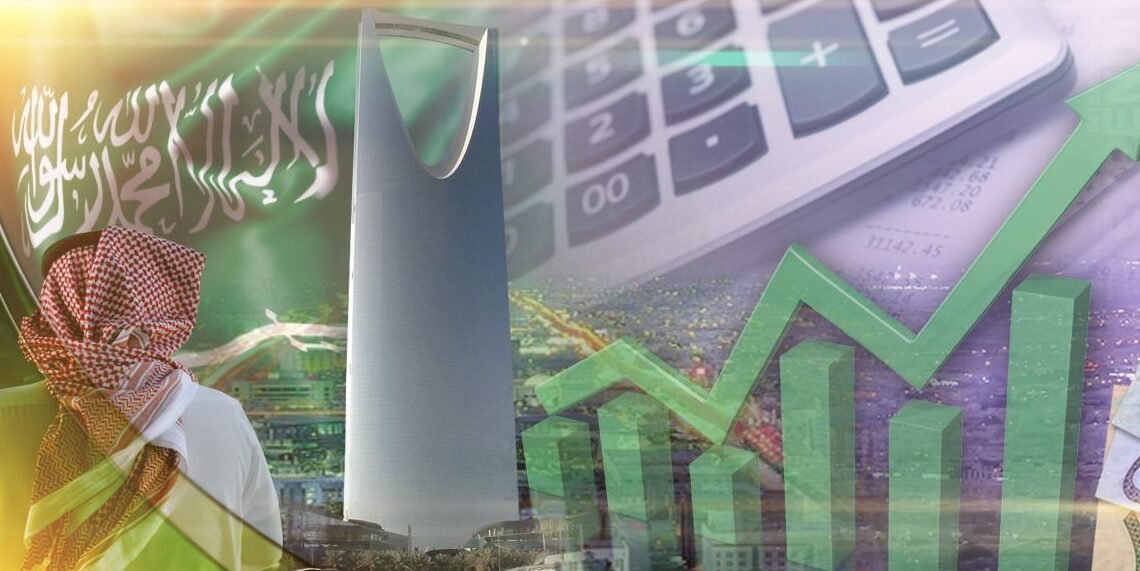
Saudi Arabia’s economic woes is set to continue with the Gulf kingdom recording its fifth straight quarter of contraction. The oil economy fell 8.2 per cent, according to Bloomberg, representing the biggest drop since at least the start of 2011, when the US financial news site began compiling such data.
Though the non-oil sector has not contracted at a similar level it has lost less steam, declining by 2.1 per cent compared to 8.2 per cent in the second quarter, when the Saudi government eased virus restrictions and businesses gradually reopened.
The overall figure is said to be slightly worse than an estimated contraction of 4.2 per cent released by the statistics body last month, which didn’t include a breakdown by sector.
Explaining the downturn, Bloomberg said that the world’s largest oil exporter is facing a dual crisis this year as the pandemic and lower energy prices strain its finances and the private sector.
Economists have suggested that other reasons for the slow economic growth are the austerity measures introduced by the Saudi Crown Prince Mohamed Bin Salman, including spending cuts and a tripling of value added tax (VAT) in May, which is set to continue having a negative impact on growth. A month later Saudi authorities announced an increase in the customs levied on about 3,000 goods, local media reported.
READ: Mohammed bin Salman’s economic plans in futility
The real estate market was one of the sectors worst hit by the VAT increase, recording a decrease of 84.6 per cent, after both the residential and commercial sectors witnessed a sharp decline in activity.
Finance Minister Mohammed Al-Jadaan is reported saying on Tuesday that the government is prioritising fiscal discipline, with the budget deficit expected to narrow to 4.9 per cent of GDP next year from 12 per cent in 2020.
Riyadh projects an overall economic contraction of 3.7 per cent this year and growth of 3.2 per cent in 2021.
Question marks have previously been raised over the health of the Saudi economy following revelations that Bin Salman was required to take out a loan to fund parts of his mega project NEOM a $500 billion futuristic city-state near the Red Sea and the borders of Egypt and Jordan.